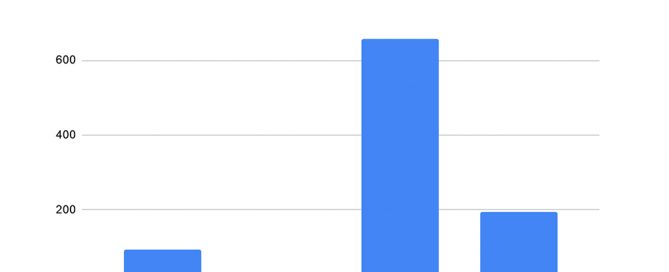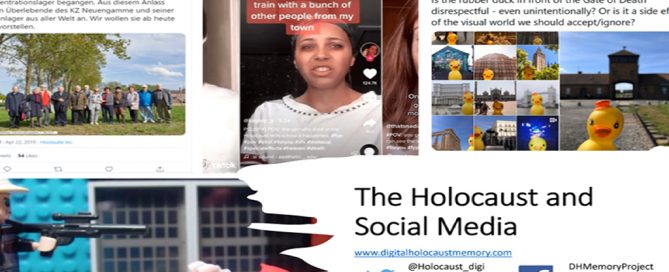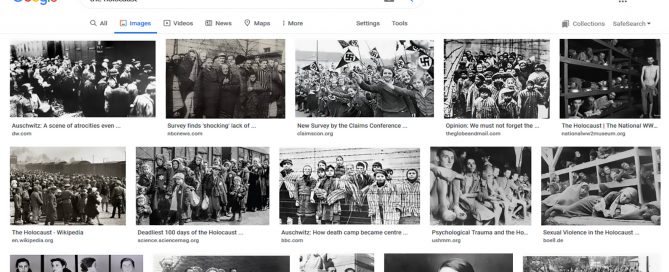Why (not) so serious? Anne Frank memes and digital Holocaust memory
In this month's guest blog, Juan Manuel González Aguilar and Mykola Makhortykh offer an analysis of the different types of Anne Frank memes circulating online. Please be advised that this blog includes images that are offensive. They are included here for their importance in increasing public understanding of online Holocaust denial, distortion and trivialisation. The rise of online participatory culture has brought about significant changes in how individuals and societies engage with the past. By facilitating the creation and dissemination of content generated by ordinary users, this participatory turn enables more diverse and less top-down ways of representing and interpreting historical events (Jones and Gibson 2012). However, the long-term effects of this transformation are yet unclear: while the importance of establishing more pluralistic memory practices can hardly be questioned, the digital-driven democratization of remembrance does not always deliver the expected results. Internet Memes Internet memes are units of popular culture that are circulated, imitated, and transformed by individual Internet users, creating a shared cultural experience. (Shifman 2014) Usually, memes take the form of an image accompanied by a (relatively) short piece of text that extends and offers interpretation of the visual part of the meme, often with the purpose of [...]


